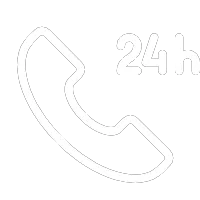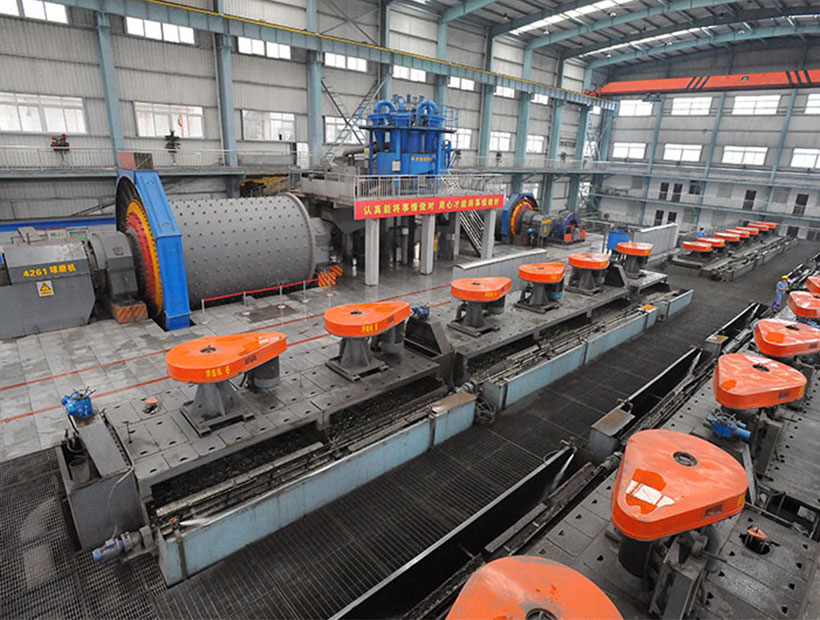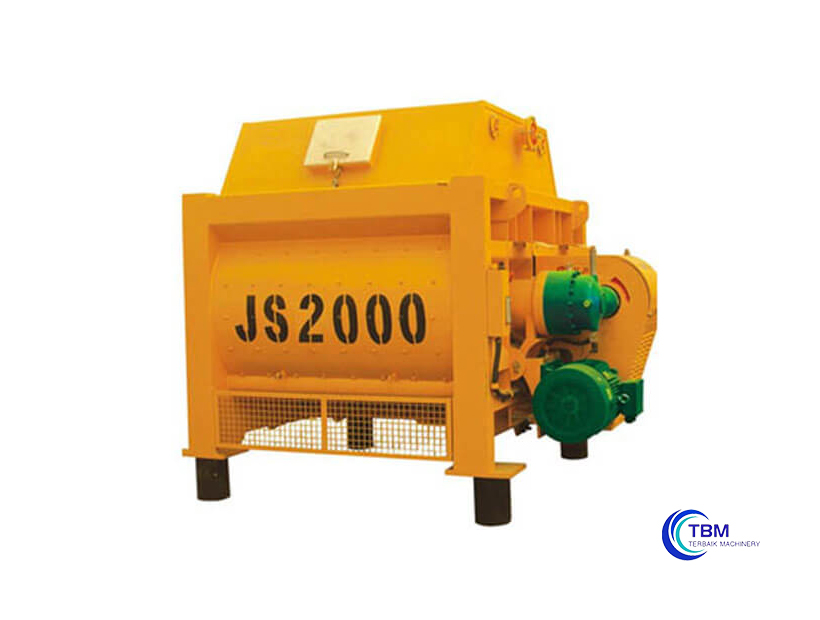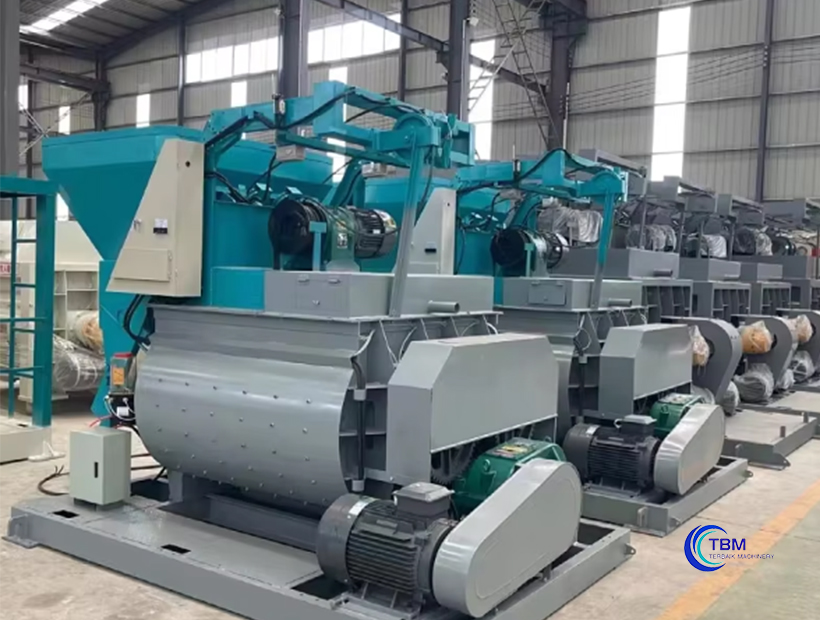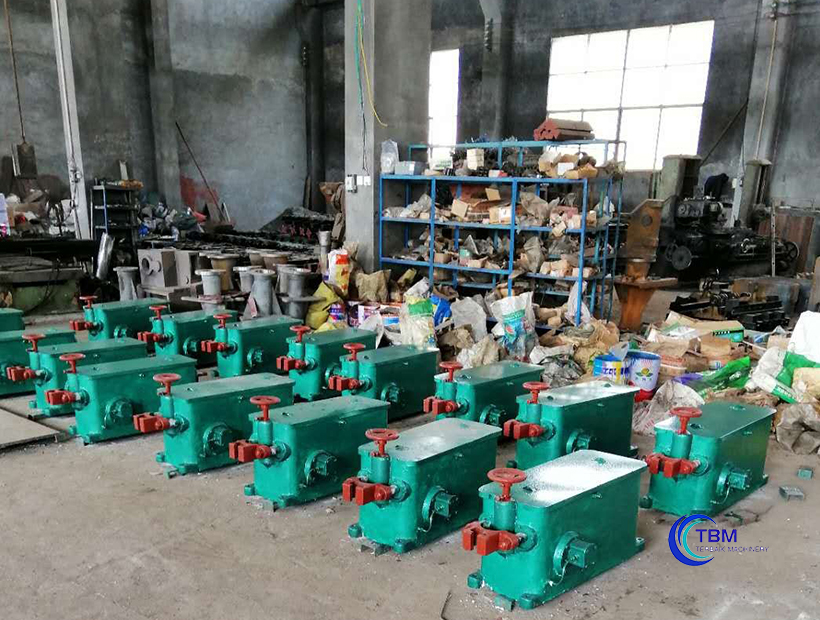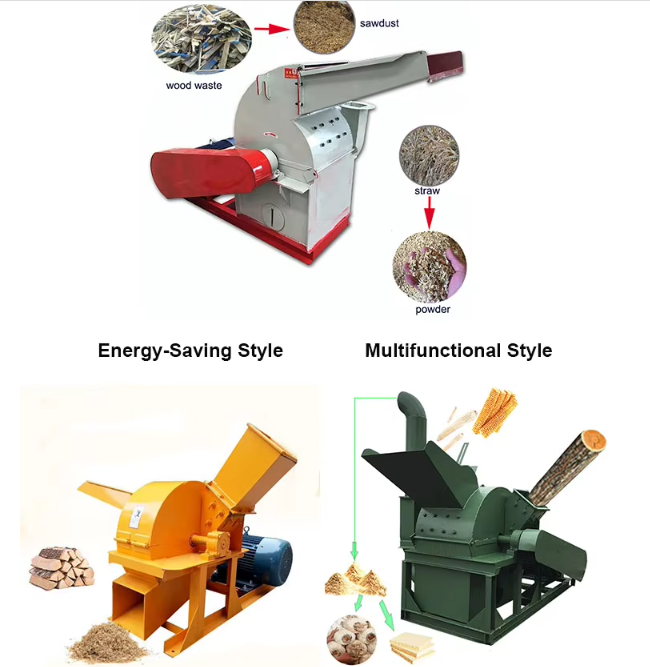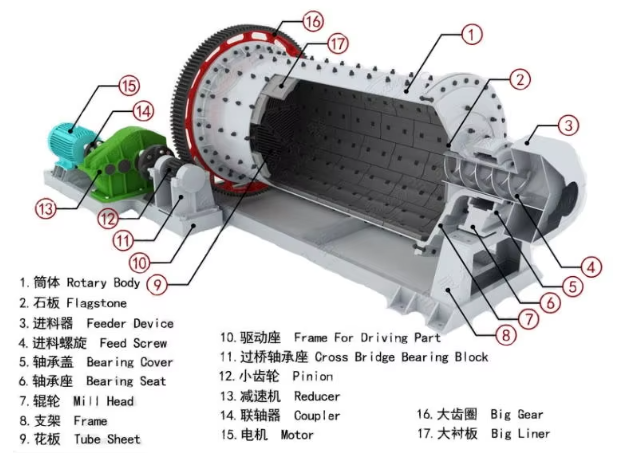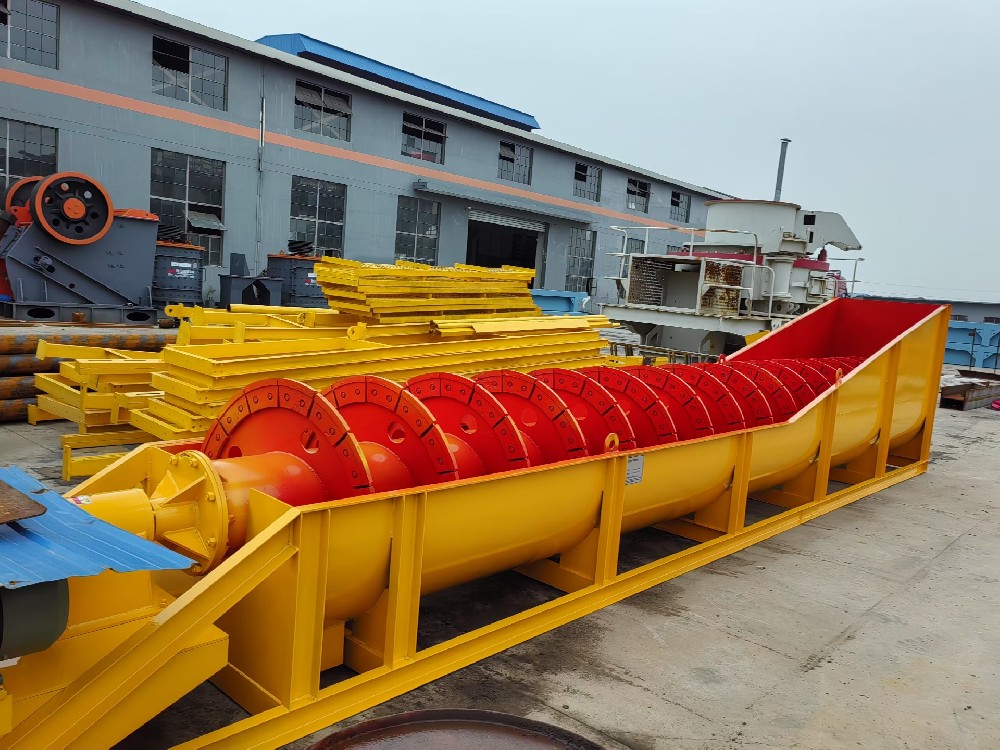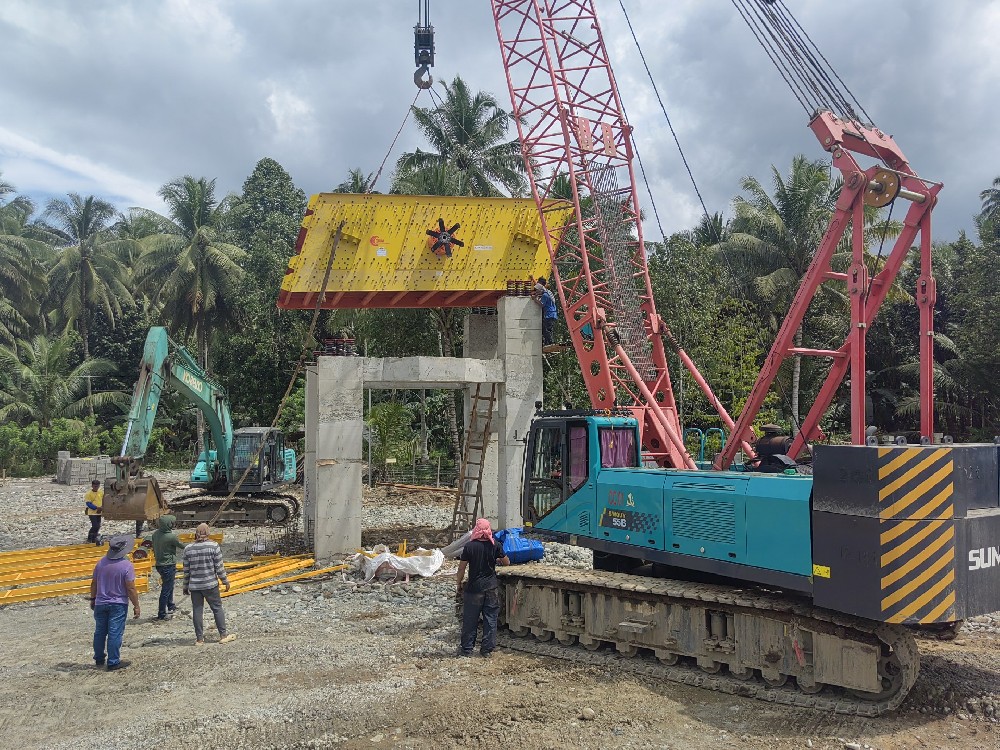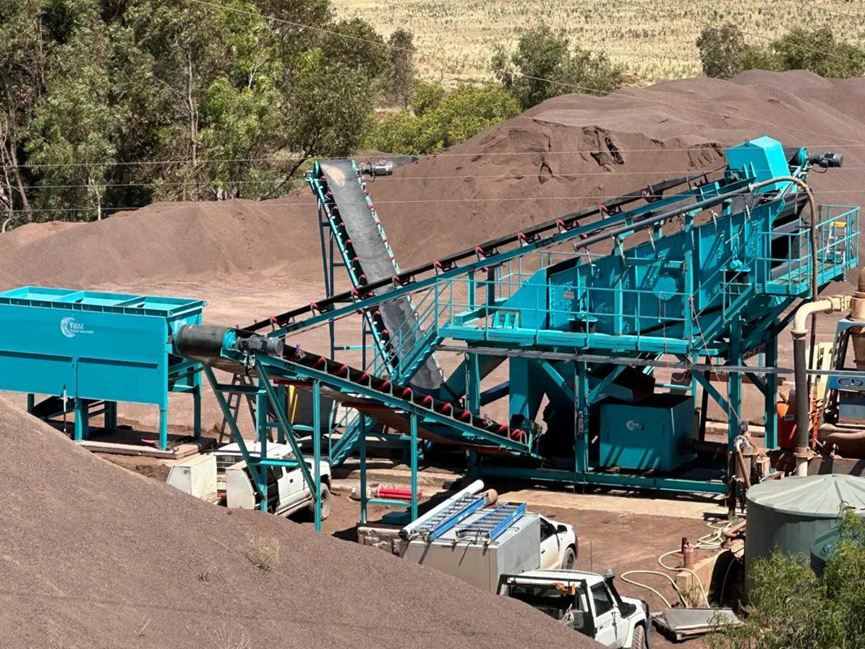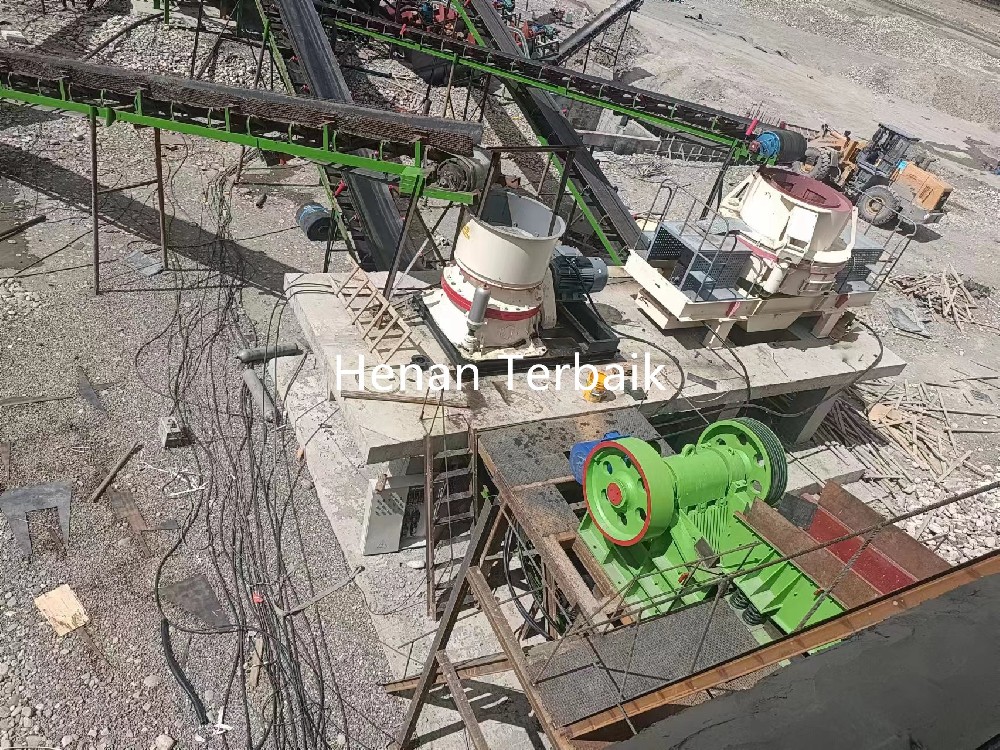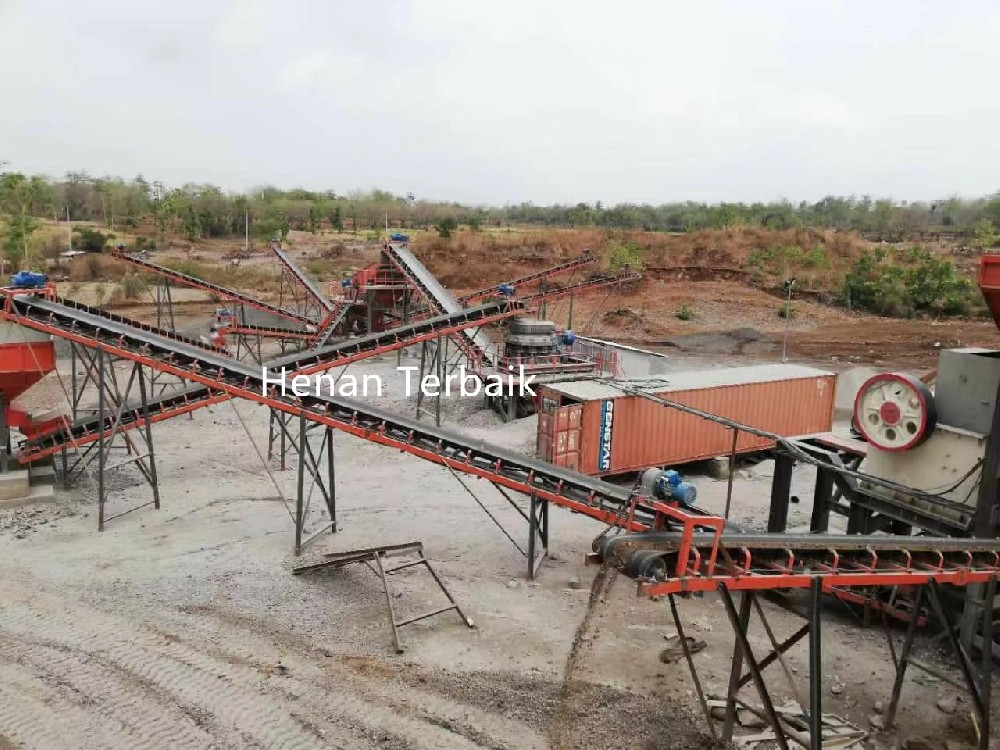Introduction to Lead, Zinc, and Copper Ore Processing
Efficient processing of lead, zinc, and copper ores is crucial for the mining industry, ensuring high-quality yield and sustainability. This article explores the comprehensive methods and technologies used in ore processing plants to optimize the extraction and beneficiation of these essential metals. Terbaikmachinery provides advanced solutions tailored to meet the diverse needs of ore processing, from initial extraction to final refining.
How is Copper Ore Processed?
Copper ore processing involves several stages to convert the raw ore into pure copper. The general steps include:
Crushing and Grinding: The copper ore is initially crushed and ground to liberate the copper minerals from the gangue. This is achieved using crushers and grinding mills.
Concentration: The ground ore undergoes a concentration process to increase the copper content. This is commonly done through froth flotation, where the ore is mixed with water and chemicals to create a slurry. Air bubbles are introduced, causing the copper-rich particles to attach to the bubbles and float to the surface for collection.
Smelting and Roasting: The concentrated copper ore is then smelted and roasted to remove impurities. Smelting involves heating the ore in a furnace to extract the metal, while roasting oxidizes sulfide minerals to produce a purer product.
Electrorefining: Finally, the purified copper undergoes electrorefining, where an electric current is passed through the solution to deposit high-purity copper onto cathodes.
What Method is Used to Mine Zinc and Lead?
Zinc and lead mining typically involves either underground or open-pit mining techniques:
Underground Mining: This method is used when the ore body is deep beneath the surface. It involves constructing shafts and tunnels to access the ore, which is then extracted using drilling and blasting techniques.
Open-Pit Mining: Used for ore bodies that are closer to the surface, open-pit mining involves removing large amounts of overburden to reach the ore. This method is cost-effective and efficient for large-scale operations.
What is the Process of Lead Zinc Beneficiation?
Lead and zinc beneficiation involves several steps to upgrade the ore and prepare it for extraction:
Crushing and Milling: The raw ore is crushed and milled to reduce the particle size and liberate the lead and zinc minerals.
Flotation: Similar to copper processing, flotation is used to concentrate the lead and zinc minerals. The ore is mixed with water and chemicals, and air bubbles are introduced to attach to the lead and zinc particles, which float to the surface for collection.
Thickening and Filtration: The concentrated slurry is thickened and filtered to remove excess water, producing a high-grade concentrate.
Roasting and Leaching: For certain ores, roasting is used to oxidize sulfide minerals, followed by leaching to dissolve the lead and zinc into a solution for further processing.
Electrolytic Refining: The final stage involves electrolytic refining to produce high-purity lead and zinc. An electric current is passed through the solution, causing the metals to deposit onto cathodes.
What is the Process of Lead Zinc Extraction?
Lead zinc extraction involves several stages, from mining to refining:
Ore Mining: Lead and zinc ores are mined using underground or open-pit methods, depending on the depth and location of the ore body.
Concentration: The mined ore is concentrated using crushing, milling, and flotation to increase the metal content and remove impurities.
Smelting: The concentrated ore undergoes smelting to extract the metal. This involves heating the ore in a furnace to separate the lead and zinc from the remaining material.
Refining: The extracted metals are then refined to achieve the desired purity levels. This can involve electrolytic refining, where an electric current is used to deposit pure metal onto cathodes.
Alloying and Casting: In some cases, the refined lead and zinc are alloyed with other metals to produce specific grades and products, which are then cast into various shapes and sizes for industrial use.
Conclusion
Efficient processing and extraction of lead, zinc, and copper ores are essential for the mining industry. The advanced techniques and equipment provided by Terbaikmachinery optimize every stage of the process, from initial extraction to final refining. Whether you need crushing, milling, flotation, or refining solutions, Terbaikmachinery offers state-of-the-art equipment and expert consultation to ensure high-quality yield and sustainability in ore processing plants.
For more information about our lead, zinc, and copper ore processing solutions, contact Terbaikmachinery. Our team of experts is ready to assist you with your specific needs and provide innovative solutions to enhance your operations.
